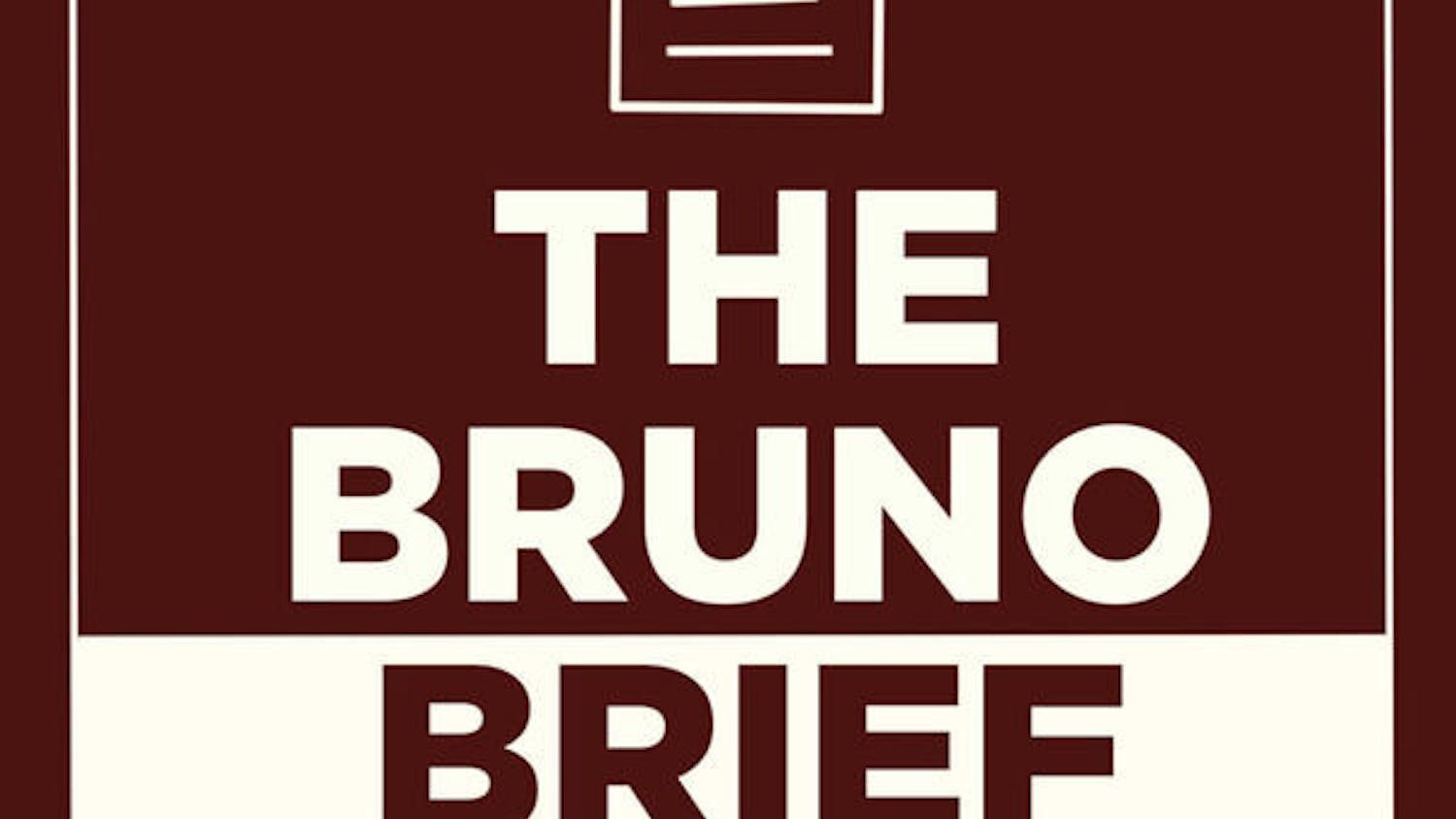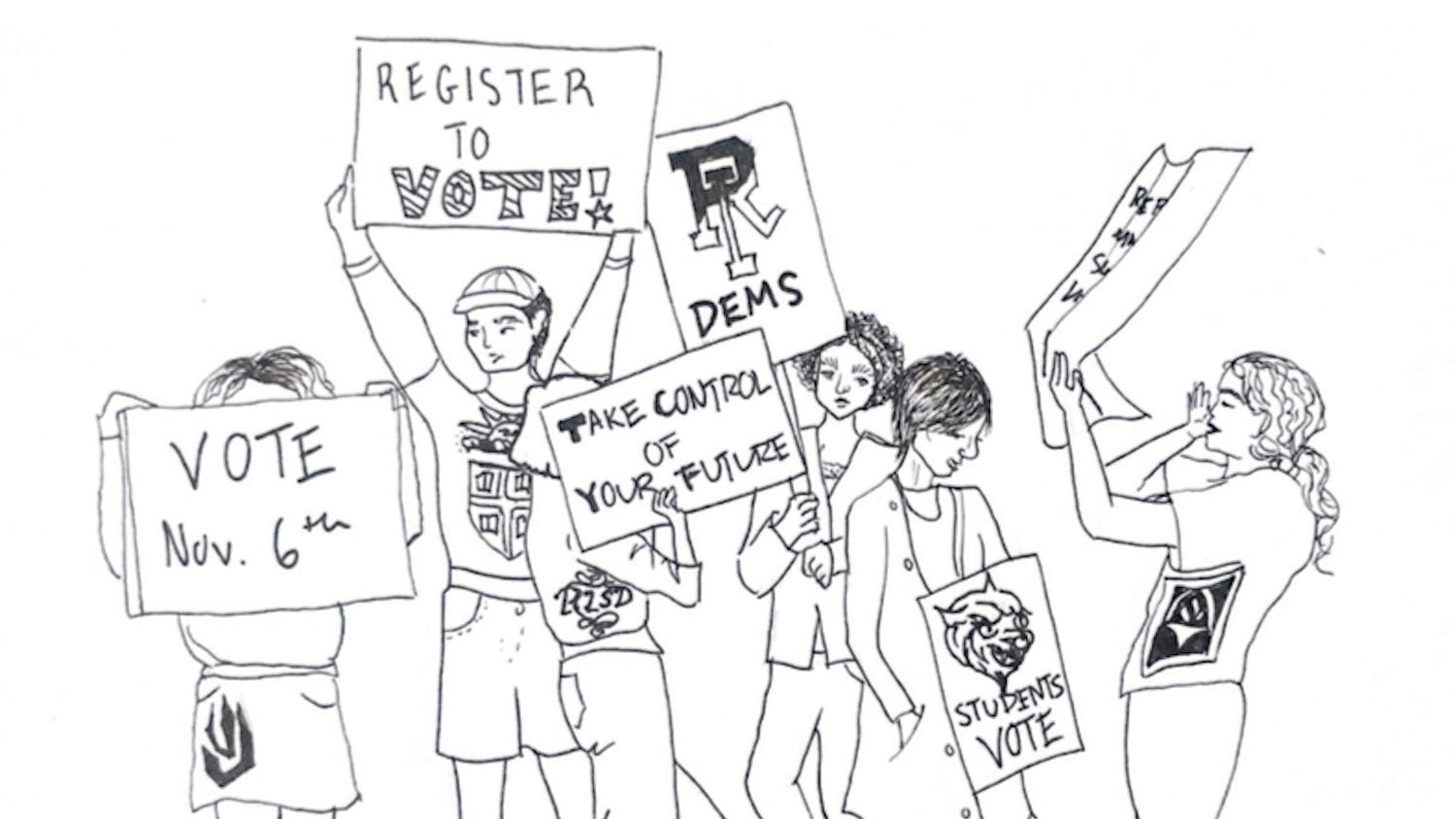Students at Tufts University may not have to worry about unwanted nighttime guests any more, thanks to a new stipulation in the school's residential life office's guest policy.
The provision forbids any sexual act in a dorm room when a roommate is present, stating that any such act must not interfere with a roommate's privacy or ability to study or sleep.
"There were incidents that occurred last year, and in the past, where residents of rooms started to feel uncomfortable with what their roommates were doing in the room," Carrie Ales-Rich, assistant director for community and judicial affairs, told the Tufts Daily on Thursday. "This happened more often than we'd like."
But Ales-Rich said the policy was not put in place so his office could regulate behavior. Instead, he said his office was encouraging roommate communication to prevent potentially awkward situations.
"When roommates share a room, they have to talk about it and compromise about how the room is utilized," Ales-Rich told the Daily. "We don't want to let a conflict get to a point where someone from ResLife has to intervene and have that conversation."
Kim '82 inaugurated as Dartmouth president
Dartmouth is the first Ivy League school to be led by an Asian-American president after Jim Yong Kim '82 was inaugurated last week. Kim is the first non-white male to lead an Ivy League institution.
In his inauguration speech, Kim urged students to unite as a generation to seek and implement change, according to a Dartmouth press release. He spoke of the transformative power of education, describing his experiences working in struggling communities with Partners In Health, the organization he co-founded with Paul Farmer.
Before coming to Dartmouth, Kim was a professor at Harvard and headed a global health division at Brigham and Women's Hospital in Boston.
Urging students to cultivate both "passion and practicality," Kim said that both would be integral to finding solutions to contemporary social problems.
Kim affirmed his commitment to maintaining Dartmouth's focus on undergraduate teaching and praised the college's liberal arts program for uniquely preparing students to be leaders in driving for change.
Aid assistance boosts college enrollment among low-income students
A lack of awareness about the availability of financial aid and the perceived difficulty of applying for it hinder low-income students who might otherwise attend college, according to a study released last week.
The study, conducted by four economists — Stanford's Eric Bettinger, Harvard's Bridget Terry Long, the University of Toronto's Philip Oreopoulous and the National Bureau of Economic Research's Lisa Sanbonmatsu — paired some low- and moderate-income high school students and their families with a tax preparer to complete the Free Application for Federal Student Aid. Those who received help were significantly more likely to apply for financial aid, received aid at a higher rate and received more aid than other families, all of which translated into an increased percentage enrolling in college.
There was virtually no benefit to another group of families that was simply informed about the kinds of financial aid they were eligible to receive, the study found, underscoring the importance of hands-on assistance. A control group received no assistance whatsoever.
Researchers hope to track the success of these students in college in order to understand whether providing assistance with completing the form makes students more likely not just to enroll in but to graduate from college.
Students occupy UCSB building
A group of protestors have occupied a student center on the University of California, Santa Cruz campus in a demonstration of opposition to budget cuts at the University of California system.
The group, which calls itself Occupy California and started with about 20 members, has barricaded itself inside UCSC's Graduate Student Commons starting Thursday, and at press time various news outlets were reporting that a small group of demonstrators remained inside the building.
Last week, the regents of the University of California, facing a budget shortfall of over $1.5 billion, proposed increasing fees by 32 percent — about $10,000 — over the next year. The proposal met with protest from student and faculty throughout the UC system, which includes nine campuses and serves some 150,000 students.
In an official statement, group members outlined their motivation for protesting. "California's leaders, from state officials to university presidents, have demonstrated how they will deal with this (budget) crisis: Everything and everyone is subordinated to the budget," the statement read. "They insulate themselves from the consequences of their own fiscal mismanagement, while those who can least afford it are left shouldering the burden."




